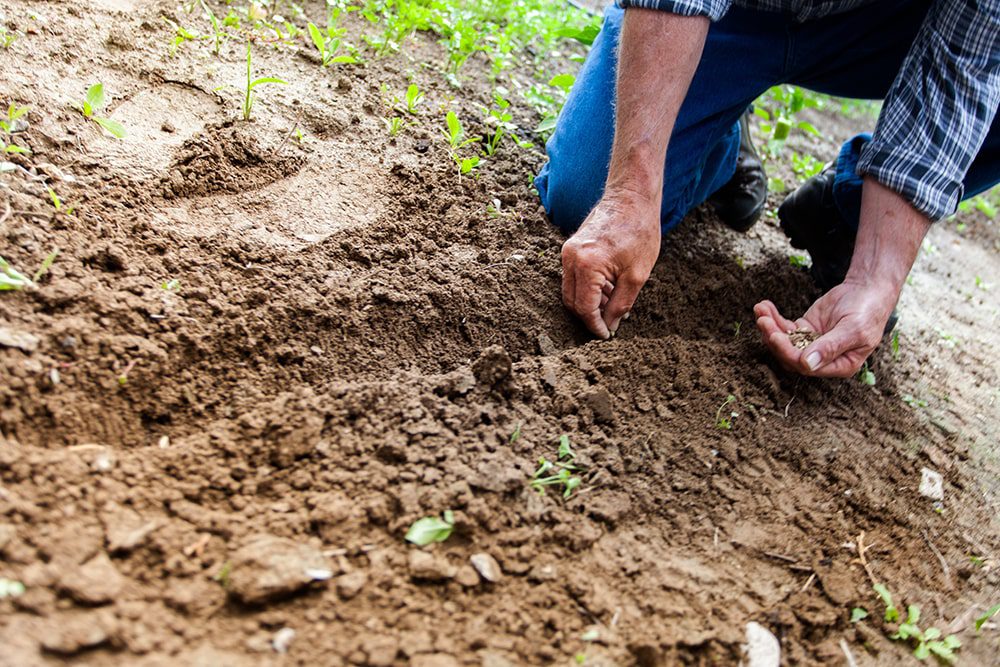Retiring to a Rhode Island Homestead: 4 Things You Must Know

Downsizing has been the buzzword for years now; however, many retirees are finding that the ideal retirement plan includes upsizing one’s home and lifestyle. The simplicity of homesteading has a certain allure for those seeking to get their hands dirty on their own terms and on their own property. If you hope to expand your living space to accommodate small livestock and a manageable small farm that could even be profitable, we hope the following guidance can help you in your decision.
Pay down as much debt as you can.
You have probably already taken a close look at your finances before retiring, but if homesteading wasn’t on your radar then, you’ll want to consider your debt again. Many retirees dream of a homestead in a larger house, where their family and friends can come for extended visits. But lingering debt might prevent you from achieving your dream.
First, pay down as much debt as quickly as you can. It’s also wise to thoughtfully prep your current home for sale, which will help you get your asking price (or maybe even a higher offer). You can then put those profits toward paying down your debt and purchasing homesteading supplies.
Learn about canning and preserving.
Many homesteaders buy or build large kitchens to accommodate the space needed for one of the most common and useful homesteading activities — canning and preserving food. As a basic homesteading skill, you produce, can, preserve, and dehydrate fruits, vegetables, and other foods. Recently, fermenting and pickling have been on the rise, especially with homesteaders interested in food preservation and natural remedies.
Spend some time in your current home exploring the basics of canning and food preservation. You don’t have to have a full homestead or producing garden to practice this popular and helpful homesteading skill. Start with locally-grown produce at nearby farms or orchards.
Search for the perfect homestead.
Once you know what kind of homesteading you want to do, it’s time to start the search. Hire a local real estate agent, one with experience helping seniors and who understands the surrounding neighborhoods and zoning laws for homesteaders.
Plan on planting crops? Hoping to raise animals? You’ll need the right kind of land, soil, and acreage. Want a home large enough for your children, grandchildren, and great-grandchildren? You’ll need a house large enough for your family and all your homesteading activities.
Depending on your family situation, mobility needs don’t necessarily need to be an issue, especially if you work with Home Healthsmith. One of their experts can tour your potential home with you to determine any safety hazards, and they can easily offer ways to make modifications.
Turn your homestead into a business.
Becoming a homesteader can often inspire many retirees’ entrepreneurial spirits. You’ll soon find that you can profit off your production overflow. For example, chickens can lead to an abundance of eggs and excess vegetables and fruits might go bad. That’s why many homesteaders branch into a cottage food operation.
Selling some of your homesteading wares can help seniors supplement their retirement income. But the financial regulations can be tricky to navigate. Forming a limited liability company will help you legally sell your products while protecting your personal assets in the process. Even better: When starting a Rhode Island LLC, you can apply for small business opportunities and tax advantages. Every state has specific requirements, so be sure to check out the regulations before you get started.
No matter your retirement vision, a Rhode Island homestead can be a happy and healthy home for you and your family. Through careful planning and finding the right property, a homesteading retirement plan could be well within your grasp.n
If you or a family member have mobility issues, working with Home Healthsmith ensures you can make the necessary modifications or installations that will ensure your home is a safe place for everyone.


